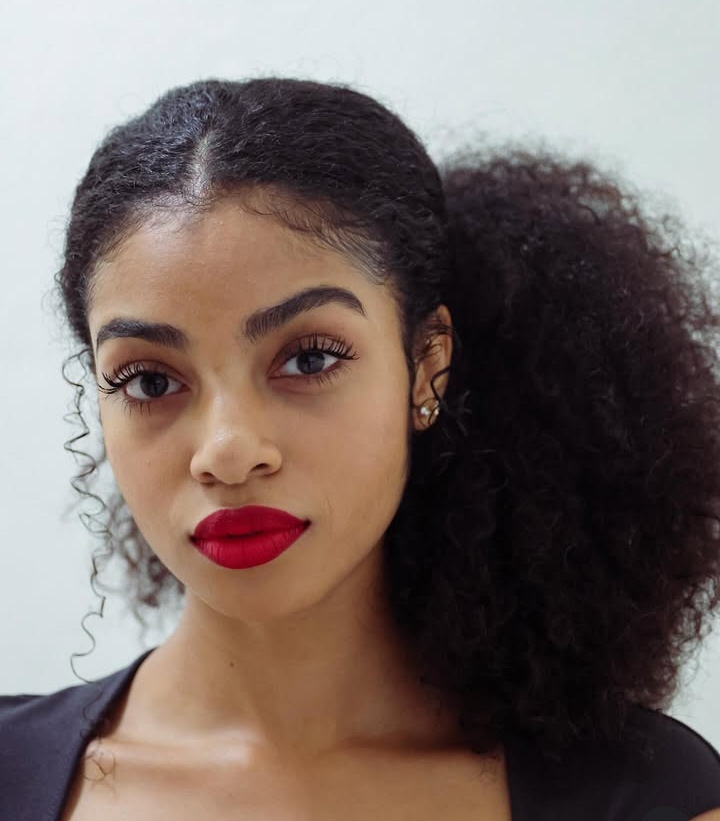Zulaikha Patel is a South African activist who, at 13, led a nationwide protest against racist school hair policies. Today, she champions literacy, identity, and education reform through her non-profit and public advocacy.
Post-apartheid South Africa promised equality, but even as a child, Patel saw the cracks. In 2016, at just 13, she stood on the grounds of Pretoria Girls High School and faced down three armed security guards. She had no weapon or microphone—just her natural hair, conviction, and refusal to shrink herself to fit.
That quiet yet defiant stance against a discriminatory hair policy during a school protest soon evolved into a broader demand for justice addressing South Africa’s persistent racial biases disguised as “discipline.” With her fists clenched, Patel’s image and afro went viral, symbolising justice. The girl who ignited that flame in 2016 is still nurturing its fire, not just in South Africa but around the globe.
A girl, a policy, a protest
Pretoria Girls High School long enforced a grooming policy that effectively penalised Black girls for wearing their hair naturally. Their coils, curls, and kinks had to be “tamed.” This rule, veiled in orderliness, was rooted in oppression. For years, students quietly complied until August 2016, when Zulaikha Patel and her classmates arrived in school uniforms and took a stand. They demanded the right to wear their hair with pride and without fear. Their protest sparked outrage, support, and ultimately, attention.
“Asking me to change my hair is like asking me to erase my Blackness.” – Zulaikha Patel.
Video footage of Patel standing her ground against security guards travelled fast through local and international outlets. What had been dismissed as “just a school rule” was revealed to be a deeply entrenched symptom of South Africa’s unresolved racial trauma.
The rise of a young leader
The movement didn’t end at the gates of Pretoria Girls. It rippled across the country to schools in the Eastern Cape, Bloemfontein, and far. Parents and students joined the conversation, flooding social media with afro photos and solidarity hashtags.
Gauteng’s Education MEC, Panyaza Lesufi, visited the school to investigate. Soon after, the hair policy was suspended. This move led South Africa to engage in several talks about hair, identity, dignity, and systemic racism.
The young female activist emerged as the face of a youth-led movement. She was honoured on the BBC’s 100 Women List and invited to speak at prominent platforms, including TEDx, Oxford University, and the United Nations Young Activists Summit.
Going beyond the spotlight
Although the headlines moved on, Patel never did. She went on to found Dare to Change NPC, a non-profit organisation tackling childhood illiteracy. This is one of South Africa’s greatest crises, as 78% of Grade 4 learners cannot read for meaning. Patel’s initiative, ‘Reading to Change the World,’ has reached over 8,000 children by establishing library corners in under-resourced schools.
In 2021, she achieved another milestone by becoming a published author. Her debut children’s book, “My Coily Crowny Hair,” celebrates natural Black hair as a love letter to self-acceptance and identity.
Today, Zulaikha Patel is no longer just the teenager at the centre of a protest. She is a woman using her voice to challenge gender-based violence, advocate for the preservation of Indigenous languages, and push for the decolonisation of education.
This changemaker has inspired young South African students to wear their natural hair proudly.



